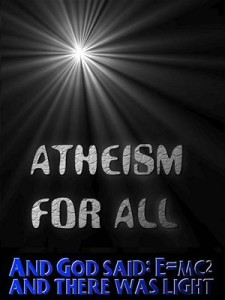Theodicean atheists believe the world as we experience it cannot be reconciled with qualities commonly attributed to God and gods by theologians. They argue an omnipotent, omniscient, and omni-benevolent God is not compatible with a world where there is evil and suffering, and where divine love is hidden from millions of people. A similar argument is attributed to Siddhartha Gautama, the founder of Buddhism. Philosophers such as Ludwig Feuerbach and Sigmund Freud argued that God and other religious beliefs are human inventions, created to fulfill various psychological and emotional wants or needs. Axiological, or constructive, atheism rejects the existence of gods in favor of a "higher absolute", such as humanity. A 2010 survey found those identifying themselves as atheists or agnostics are on average more knowledgeable about religion than followers of major faiths. Nonbelievers scored better on questions about tenets central to Protestant and Catholic faiths. Only Mormon and Jewish faithful scored as well as atheists and agnostics. So if you are religious, you will find this to be an intelligent book giving the atheist's point of view, and it may make you question your own beliefs. Have you been lied to all your life and gone with the crowd? Or do you now feel science, famine, disease and natural disasters have replaced the theories of a loving god?
Atheism for all
Sobre
Talvez você seja redirecionado para outro site












